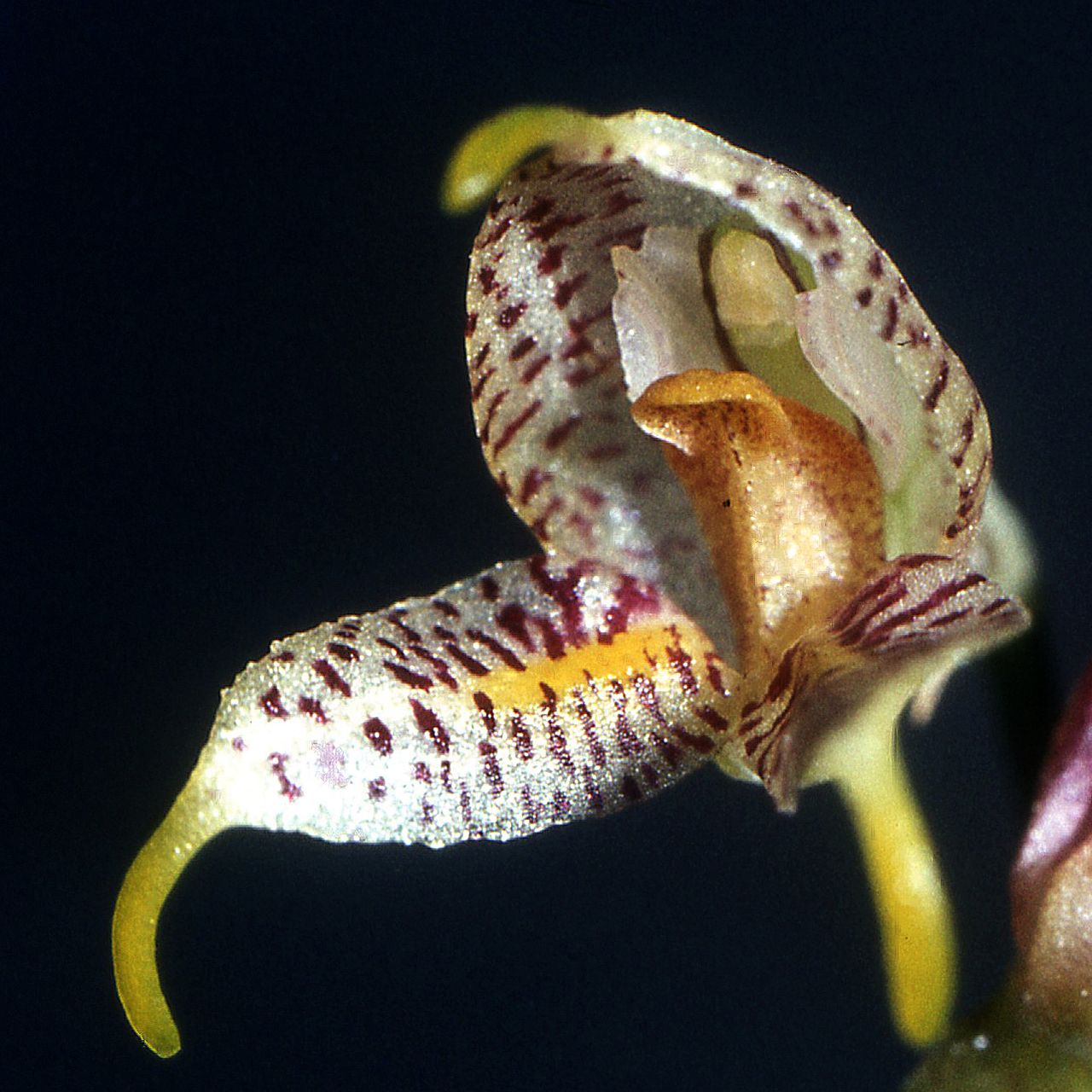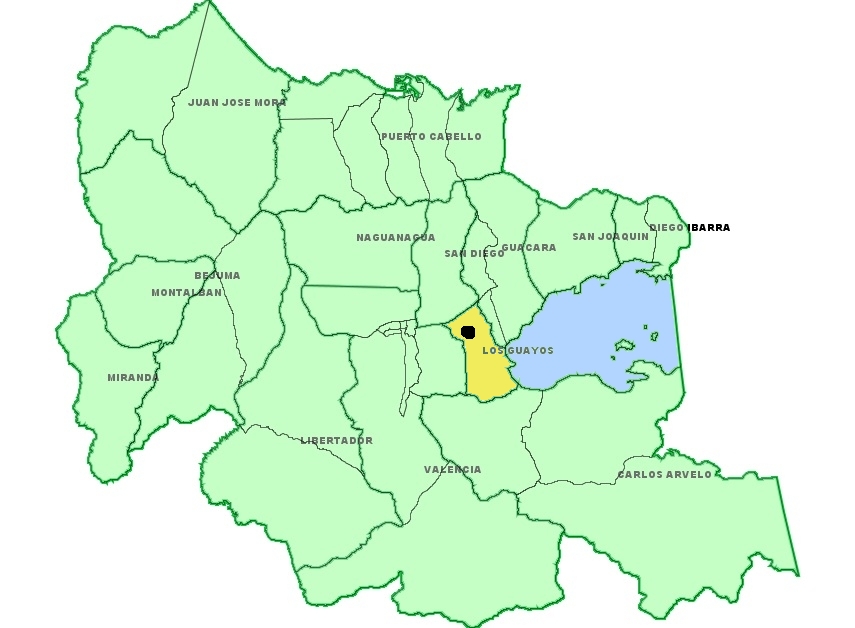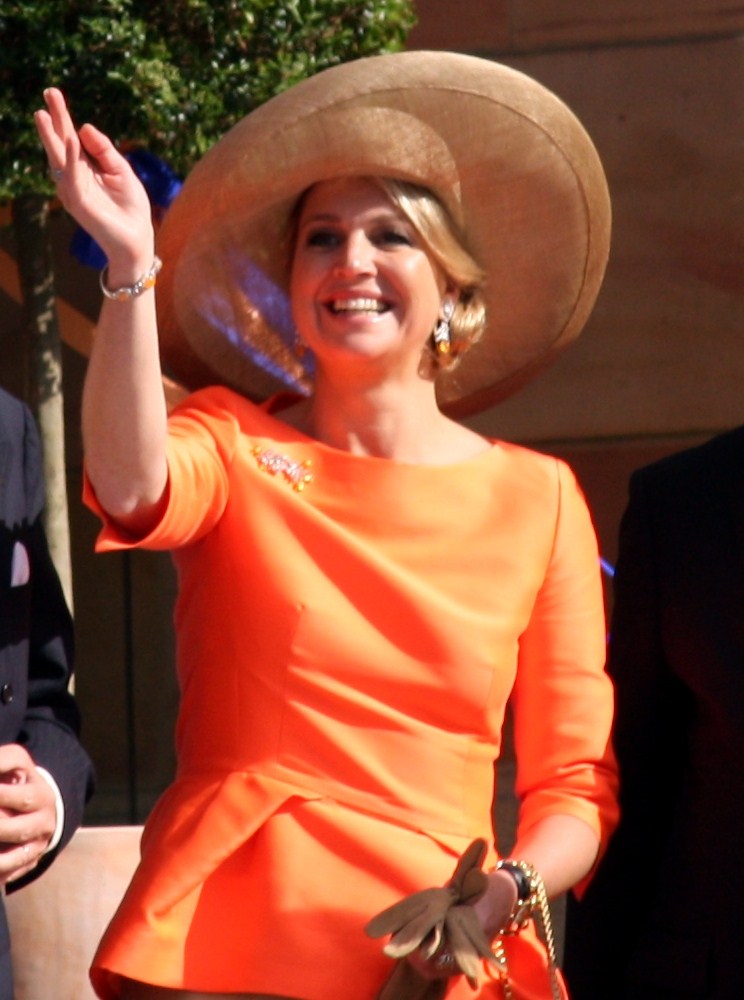Anfang Dezember haben wir Regionalwahlen in Venezuela. Es handelt sich lediglich um Gemeindewahlen. Sie werden aber ihre politische Bedeutung haben, denn Maduros Popularität sinkt immer weiter. In den folgenden Abschnitten versuche ich die wichtigsten Entwicklungen der letzten Tage zu erklären.
 |
| Venezuela an der Spitze...der Korruption |
* Korruption I
Maduro hat jetzt ein
Ermächtigungsgesetz beantragt. Ihm fehlt eine Stimme für die absolute Mehrheit. Chavismus hatte im Jahr 2010 48.13% der Stimmen aber 98 der 165 Sitze in der Nationalversammlung bekommen (etwa 59% der Sitze) - und das nur durch verfassungswidriges Gerrymandering und unbegrenzte Benutzung von Staatsmitteln. Es ist sehr wahrscheinlich, dass er die Stimme bekommen wird: mehrere der Oppositionsabgeordneten sind wegen Korruption untersucht und werden zur Zeit mit allen Mitteln unter Druck gesetzt.
Maduro sagt, er brauche das neue Ermächtigungsgesetz, um die Korruption - der Opposition, natürlich - zu bekämpfen. Das ist natürlich Lug und Trug. Chávez hatte schon früher Vollmachten bekommen und sie immer wieder missbraucht. Er hatte die Vollmachten zuletzt im Jahr 2009 bekommen, um angeblich effizienter Maßnahmen für die Bewältigung der Fluten von damals zu ergreifen. In Wirklichkeit hat Chávez die Vollmachten benutzt, um mehr Befugnisse für sich und seine Regierung zu bekommen. Maduro hat alles, was er braucht, um Korruption zu bekämpfen...außer Wille und ehrlichen Mitarbeitern.
* Korruption II
Vor einigen Tagen
erfuhren wir, dass ein Beamter des venezolanischen Sportministeriums mit über €407000 in einem Flughafen in Bulgarien ertappt wurde. Er hatte den Besitz dieses Geldes nicht deklariert. Nun sagte der Mann, er habe das Geld bar gebracht, um Ausgaben der venezolanischen Sportteams auszugleichen, die dort in Kampfsport und Gewichtheben trainieren. Er hätte niemanden im Flughafen gefunden, dem er erklären konnte, dass er das Geld hatte, sagte der Mann. Die venezolanische Regierung bestätigte, dass das der Fall war. Ganz offensichtlich wissen die Venezolaner, die jetzt an der Macht sind, gar nicht, was ein Rechtsstaat ist.
Venezolanische Sportbeamten sollen angeblich schon seit 2010 Geld für Sportereignisse im Ausland bar mit sich bringen. Davor überwies die Regierung das Geld an die Sportvereine. Wieso das jetzt nicht mehr so ist, hat mit der Währungskontrolle zu tun, die in Venezuela herrscht. Die nationale Währung ist extrem überbewertet und alles, was die Regierung dafür unternimmt, fördert nur mehr Korruption.
* Information und Freiheit
Vor kurzem gab es eine Diskussion in Caracas Chronicles über Internetdienste in Venezuela. Es stellte sich heraus, dass das Land eine der langsamsten
Internetverbindungen in der ganzen Welt hat. Ich werde bei einem neuen Post viel ausführlicher darüber berichten (danke aber schon jetzt an Rogaven).
Natürlich ist dies wunderbar für die Regierung: Venezolaner haben es nicht gar nicht leicht, wenn es darum geht, Videos oder Radio übers Internet zu empfangen. Bei der normalen Geschwindigkeit der Verbindung ist es schon ein Gräuel, manche Zeitungen im Netz zu lesen.
* Wirtschaft und Korruption III
Merentes, der relativ moderate Finanzminister, ist nicht mehr "Vizepräsident der Wirtschaft". Der Oligarch
Rafael Ramírez, Vorsitzender der staatlichen Erdölgesellschaft PDVSA, bekommt nun diese Stelle.
Ramírez' Frau, B
eatrice Sansó Rondón de Rodríguez, ist eine Consultant von PDVSA. Seine Schwiegermutter, Hildegard, ist auch bei PDVSA eingestellt...und so ist auch sein Schwager, Baldo Sanso Rondón, über den Ihr einiges in einem sehr informativen
Buch vom Journalist Rory Carroll lesen könnt.
* Waffen und Korruption IV
Diosdado Cabello war für ein paar Tage zu Besuch in Russland. Er wollte dort Möglichkeiten im Bereich von Verteidigung und Sicherheit erforschen - lies: mehr Waffen und Unterstützung für die Sicherheitsdienste der venezolanischen Regierung. Wahrscheinlich wollte er auch mit
Igor Setschin über Gott und die Welt und das Geld sprechen. Er besuchte natürlich auch die
Chávez-Straße. Laut russischem Gesetz kann ein Ort oder Institution den Namen eines Menschen erst zehn Jahren nach seinem Tod bekommen. Während Igor Setschin in Venezuela war, rief er aber die Behörden der Stadt Moskau an und bat sie darum, eine Ausnahme für Chávez zu machen, da er "so groß war" (Venezuela ist einer der wichtigsten Waffenkunden für Russland). Kurz darauf hat Setschin seinen Ölvertrag in Venezuela bekommen. Ist es Zufall, dass Setschin als Person dann ein Darlehen von Rosneft' bekam, um Aktien in Millionenhöhe zu kaufen?

















_2008.svg/500px-Elecciones_municipales_Venezuela_(Densidad)_2008.svg.png)

_Skyline.jpg)









